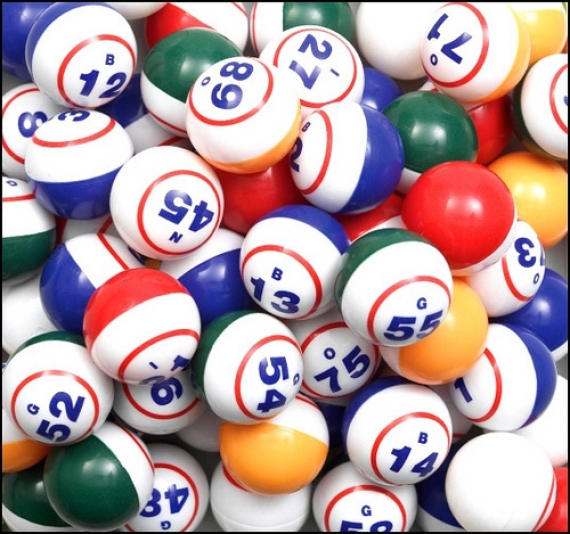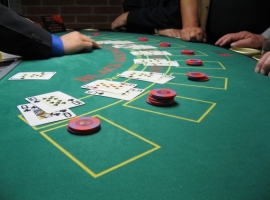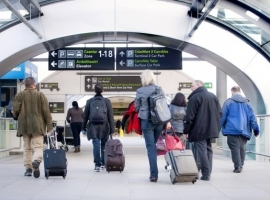
Lottery operators are under threat. A new, disruptive type of online betting model, focusing on lotteries and backed by innovative insurance products, is proving worrisome to lottery operators across Europe and Ireland is no exception.
These second generation start-ups, most notably Gibraltar-based Lottoland, dispense with the considerable logistics and expense involved in operating lotteries entirely. They don't sell any tickets and don't draw any numbers but instead offer players the opportunity to bet on the results of existing lotteries, then pay their winners directly.
While lottery betting services have existed for years, it had always been of little concern to lottery operators and limited value to the i-gaming sector which derives the majority of its revenue from sportsbook and casino bets.
Until recently, the only way to offer large lottery jackpots was to have a sufficiently large amount of players regularly taking part. Without this, operators would be unable to generate sufficient revenue to cover both their prizes and operating costs.
Central to the core philosophy of the nimble tech disruptor, however, is to find innovative methods to replace a given industry's costliest component, then scale aggressively.
Poster-child examples include Uber, substituting a fleet of taxis and drivers for self-sufficient freelancers and Airbnb, undercutting hotels by taking a cut of short-term residential property rentals.
In the case of traditional lottery operators, the biggest hurdle remains the chicken-and-egg correlation between jackpots and ticket sales. Small jackpots result in poor ticket sales and poor ticket sales equals smaller jackpots.
Luck Of The Draw
Faced with a noted decline in revenue in recent years, lottery operators hoped to break the deadlock by enticing their players with larger jackpots.
Their solution was to increase both the price of a ticket, as well as the odds of winning the jackpot, as was done most recently with EuroMillions.
By allowing more money to accumulate in this manner they created higher jackpots – both Britain and the US saw record-high jackpots this January as a direct result – but this did not achieve their primary objective of higher ticket sales.
Instead consumers were incensed that they were being asked to fork out more money for tickets with a significantly lower chance of winning.
The new lottery betting disrupters don't have this problem, however. Essentially they act as a bookmaker, taking bets on events with fixed odds. Smaller prizes are then paid directly, whereas large jackpots are guaranteed by insurance partners.
Insurance-Linked Jackpots
Originally developed as a means to insure against property damage caused by natural disasters, ILS, or Insurance-Linked Securities, comprise a relatively new type of insurance products.
In more recent times, ILS products have become increasingly common in finance, as a hedge against highly improbable, but potentially costly, incidents.
In other words, ILS provides high yield payouts for highly unlikely, or to use gaming terminology, high odds, occurrences, making it a perfect fit for the lottery industry.
It is for this reason that, despite having fewer players and only being in operation since 2013, Lottoland is fully capable of paying out jackpots up to, and exceeding, €1 billion. It also affords them the opportunity to be more flexible on pricing allowing, for example, them to sell EuroMillions for 50c less than the National Lottery.
Which brings us onto another hallmark of the tech disruptor – the backlash.
Pioneers or Parasites?
Lottoland were granted a gaming license by the Irish government in April this year and to date PLI have yet to issue any statement regarding them, or fellow lottery betting sites. Across the Irish sea, however, it's a different story.
In a recent Times article Camelot, singled out Lottoland in a rebuke against "bet-on-lottery" sites, calling them "parasites."
Lottoland counter-argued that competition, and the value and choice that comes with it, is ultimately good for consumers.
And ultimately they will be the ones to decide the fate of both lotteries and lottery betting into the future.

















